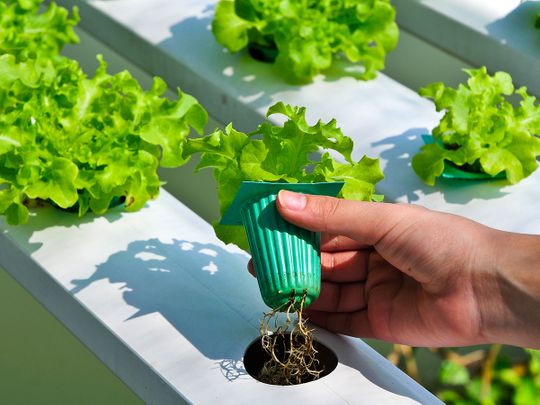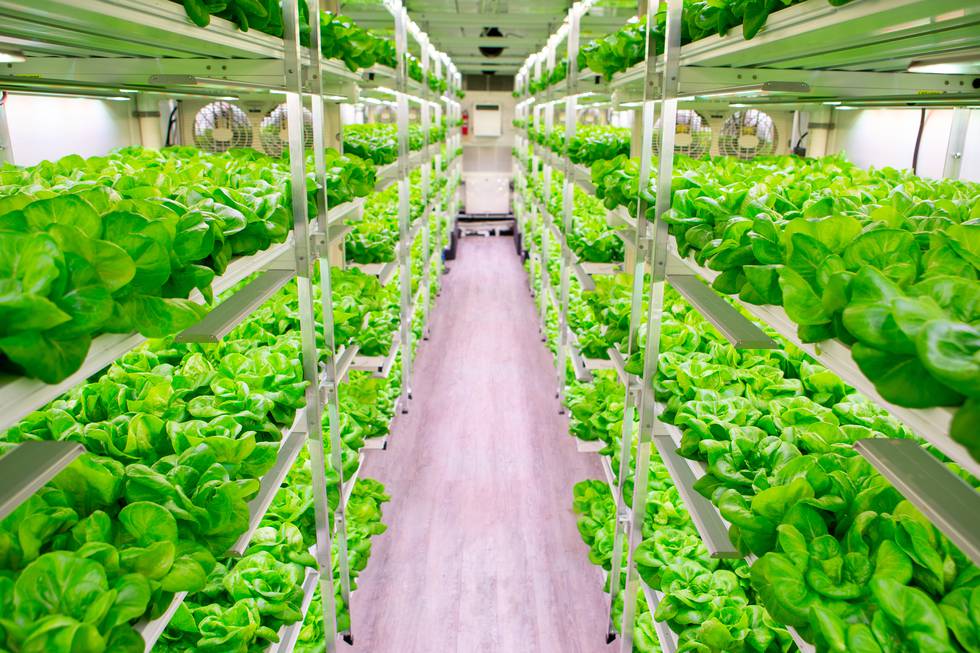
Menu
Maintenance of Hydroponic Systems
Maintaining a hydroponic system involves several tasks to ensure optimal plant growth and system functionality. Here are some common maintenance works for a hydroponic system:

- Nutrient solution management: Regularly monitor and adjust the nutrient solution’s pH and nutrient levels to maintain proper plant nutrition. This includes testing the pH levels and nutrient concentrations and making necessary adjustments using pH adjusters and nutrient additives.
- Water quality and cleanliness: Ensure the water used in the system is clean and free from contaminants. Regularly check and clean any filters, pumps, or irrigation components to prevent clogs and maintain proper water flow.
- Pest and disease control: Regularly inspect plants for signs of pests or diseases and take appropriate measures to control them. This may involve using organic or chemical insecticides, fungicides, or biological control methods.
- Light management: Monitor and adjust the lighting system to ensure plants receive the appropriate amount and quality of light. Replace bulbs or adjust lighting schedules as needed.
- Temperature and humidity control: Maintain optimal temperature and humidity levels within the growing area to promote healthy plant growth. This may involve using ventilation systems, fans, or heaters to regulate the environment.
- Regular system cleaning: Periodically clean and disinfect the hydroponic system to prevent the buildup of algae, bacteria, or other pathogens. This includes cleaning growing trays, pipes, reservoirs, and any other system components.
As for accessories needed for a hydroponic system, here are some common ones:
- Growing media: Depending on the type of hydroponic system, you may need growing media such as rockwool cubes, clay pebbles, coconut coir, or perlite to support plant roots.
- Nutrient solutions: Hydroponic systems require nutrient solutions that contain essential elements for plant growth. These solutions can be purchased as pre-mixed formulas or mixed from individual nutrient salts.
- pH meters and adjusters: pH meters are used to monitor and adjust the pH levels of the nutrient solution. pH adjusters, such as pH up or pH down solutions, are used to bring the pH to the desired range.
- Water pumps and irrigation systems: Depending on the hydroponic system, you may need water pumps, timers, and irrigation components to deliver the nutrient solution to the plants.
- Grow lights: If growing plants indoors or in low-light conditions, you may need artificial grow lights such as LED, fluorescent, or high-intensity discharge (HID) lights to provide the necessary light for plant growth.
- Ventilation and airflow equipment: In enclosed growing spaces, ventilation systems, fans, and air circulation devices are essential to maintain proper air exchange and prevent heat buildup.

It’s important to note that the specific accessories required can vary depending on the type of hydroponic system, the size of the setup, and the specific crop being grown. Consulting with a hydroponic specialist or doing thorough research on your specific setup will help ensure you have all the necessary accessories for your hydroponic system.